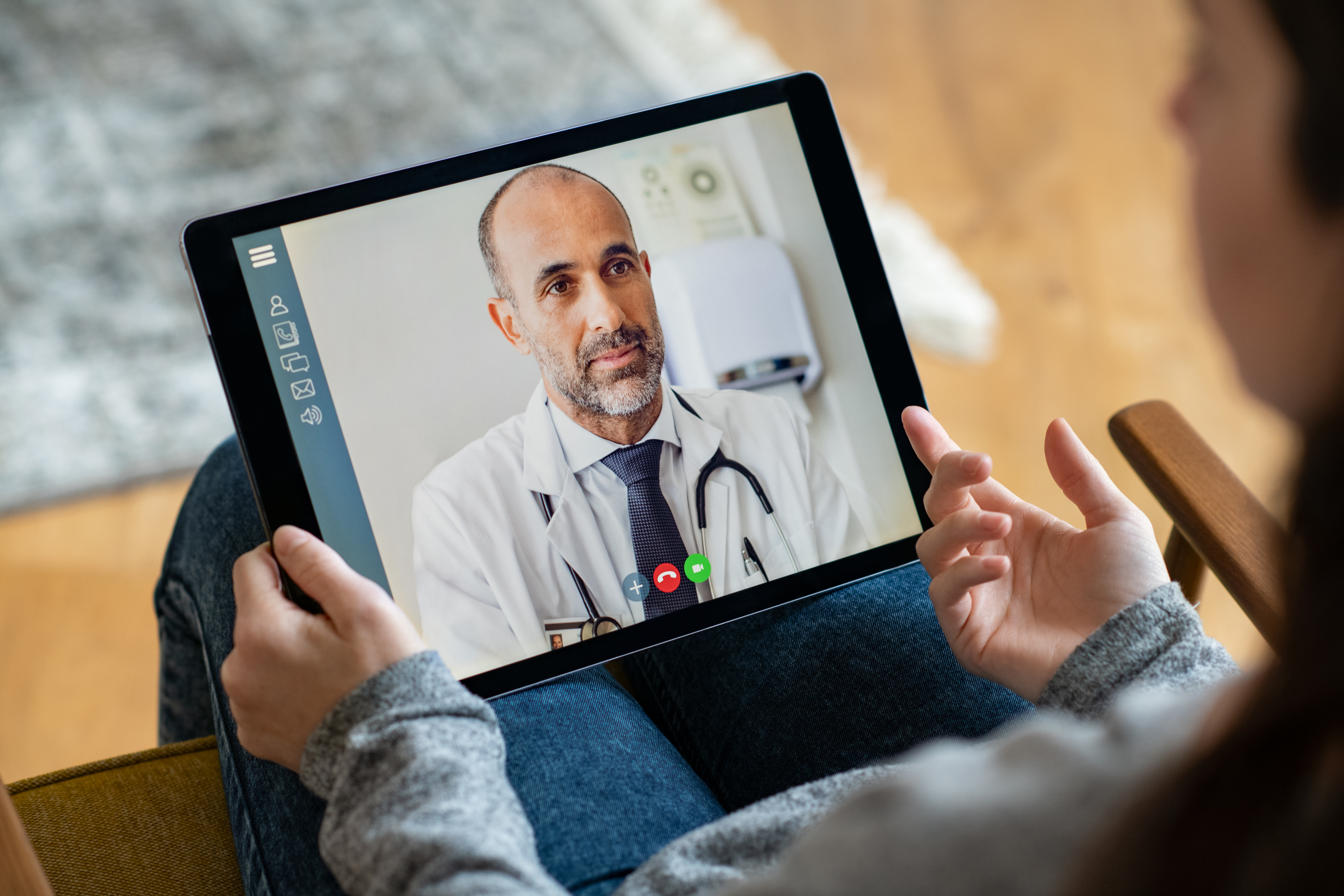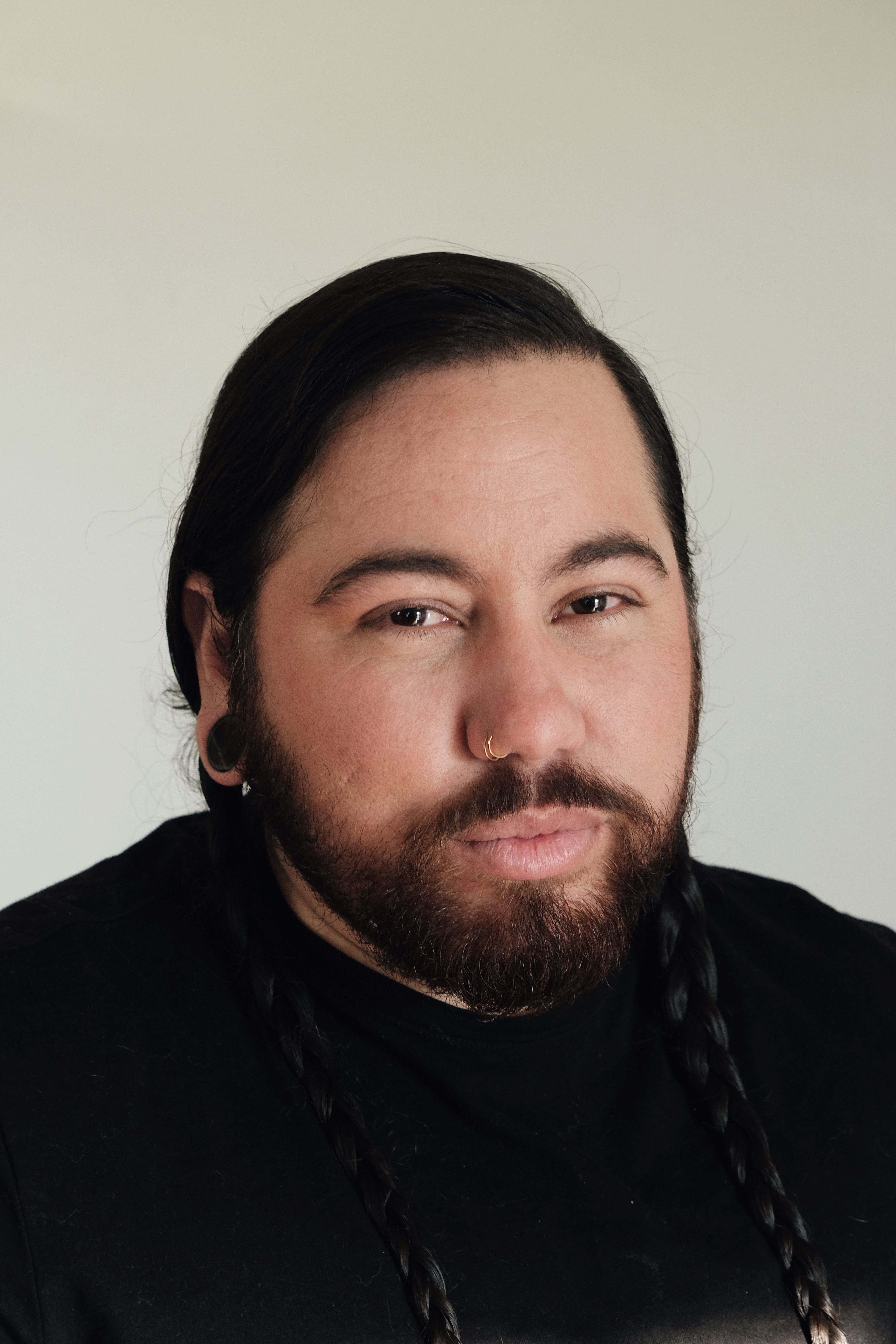
Culturally Responsive Communication, Part III: Language and Literacy Access
 Overview
Overview
This module explores the critical importance of effective communication in healthcare. It starts with a deep dive into the principles of culturally responsive communication and its role in establishing trust and rapport between clinicians and patients from diverse backgrounds. The module also examines the many barriers and differences between language and literacy access in clinical settings. Using real-life examples and tangible resources, participants will learn about various strategies to mitigate these barriers and facilitate culturally responsive communication.
Commercial Support
This accredited CE activity was supported by an independent medical education grant from Gilead Sciences, Inc.
Target Audience
This training targets Primary Care Practitioners (PCPs) in training or in practice who work in family practice or internal medicine as registered nurses (RN), nurse practitioners (NP), physician assistants (PA), medical doctors (MD), osteopathic medicine doctors (DO) or in the field of dentistry. This includes the pipeline of health professions students in clinical rotations.
Learning Objectives
- Describe culturally responsive communication
- Recognize the types of information clinicians need to facilitate culturally responsive communication
- Distinguish between language and literacy access in clinical settings
Joaquín Carcaño
 Joaquín Carcaño completed his undergraduate studies at the University of Texas at Austin, and then worked in community health in the Peruvian Andes. Following that, he spent six years at UNC's Institute for Global Health and Infectious Diseases, where he focused on providing HIV care linkage and navigation services primarily for the Latinx community in the state. In 2016, Joaquín took on a prominent role as the lead plaintiff in the North Carolina HB2/HB142 lawsuit, which aimed to limit access to public facilities for transgender individuals and remove anti-discrimination protections for the LGBTQ community. Subsequently, in 2018, he joined the staff of the Latino Commission on AIDS, Latinos in the South, serving as the Director of Community Organizing. He assumed the position of Director of Southern Health Policy in 2022. Joaquín is actively involved in several organizations, including the LGBTQ Center of Durham, the Southern AIDS Coalition, and the ACLU of NC, where he serves as a board member.
Joaquín Carcaño completed his undergraduate studies at the University of Texas at Austin, and then worked in community health in the Peruvian Andes. Following that, he spent six years at UNC's Institute for Global Health and Infectious Diseases, where he focused on providing HIV care linkage and navigation services primarily for the Latinx community in the state. In 2016, Joaquín took on a prominent role as the lead plaintiff in the North Carolina HB2/HB142 lawsuit, which aimed to limit access to public facilities for transgender individuals and remove anti-discrimination protections for the LGBTQ community. Subsequently, in 2018, he joined the staff of the Latino Commission on AIDS, Latinos in the South, serving as the Director of Community Organizing. He assumed the position of Director of Southern Health Policy in 2022. Joaquín is actively involved in several organizations, including the LGBTQ Center of Durham, the Southern AIDS Coalition, and the ACLU of NC, where he serves as a board member.
Maranda C. Ward, Ed.D, MPH
 Maranda C. Ward, Ed.D, MPH, is an Assistant Professor and Director of Equity in the Department of Clinical Research and Leadership in the GW School of Medicine and Health Sciences. Dr. Ward is an expert in advancing anti-racism efforts within health sciences education and in designing curricula to enable students and faculty to competently promote health and racial equity in practice. Her research focuses on JEDI and antiracism educational interventions as well as stakeholder-engaged community-focused studies on HIV, Black women's health, and youth identity. As a member of the DC Center for AIDS Research (DC CFAR), she is the principal investigator on "Two in One: HIV and COVID Screening & Testing Model".
Maranda C. Ward, Ed.D, MPH, is an Assistant Professor and Director of Equity in the Department of Clinical Research and Leadership in the GW School of Medicine and Health Sciences. Dr. Ward is an expert in advancing anti-racism efforts within health sciences education and in designing curricula to enable students and faculty to competently promote health and racial equity in practice. Her research focuses on JEDI and antiracism educational interventions as well as stakeholder-engaged community-focused studies on HIV, Black women's health, and youth identity. As a member of the DC Center for AIDS Research (DC CFAR), she is the principal investigator on "Two in One: HIV and COVID Screening & Testing Model".
We would like to acknowledge the significant contributions of Nikhil Kalita, BS and Sadhana Matheswaran for their roles in researching, compiling, and editing content for this 9-part course series.
Available Credit
- 1.00 ACPE PharmacistThe George Washington University School of Medicine and Health Sciences is accredited by the Accreditation Council for Pharmacy Education as a provider of continuing pharmacy education.
- 1.00 AMA PRA Category 1 Credit™The George Washington University School of Medicine and Health Sciences is accredited by the Accreditation Council for Continuing Medical Education (ACCME) to provide continuing medical education for physicians.
- 1.00 Completion
Instructions for Enrolling in the Course
Please note that you must be logged in to enroll in the course.
New Users
You must create a learner account prior to registering for this course.
Click here to create a learner account
Click here to access additional instructions for creating a learner account
Returning Users
Click here to login and proceed with enrolling the course

 Facebook
Facebook Twitter
Twitter LinkedIn
LinkedIn Forward
Forward